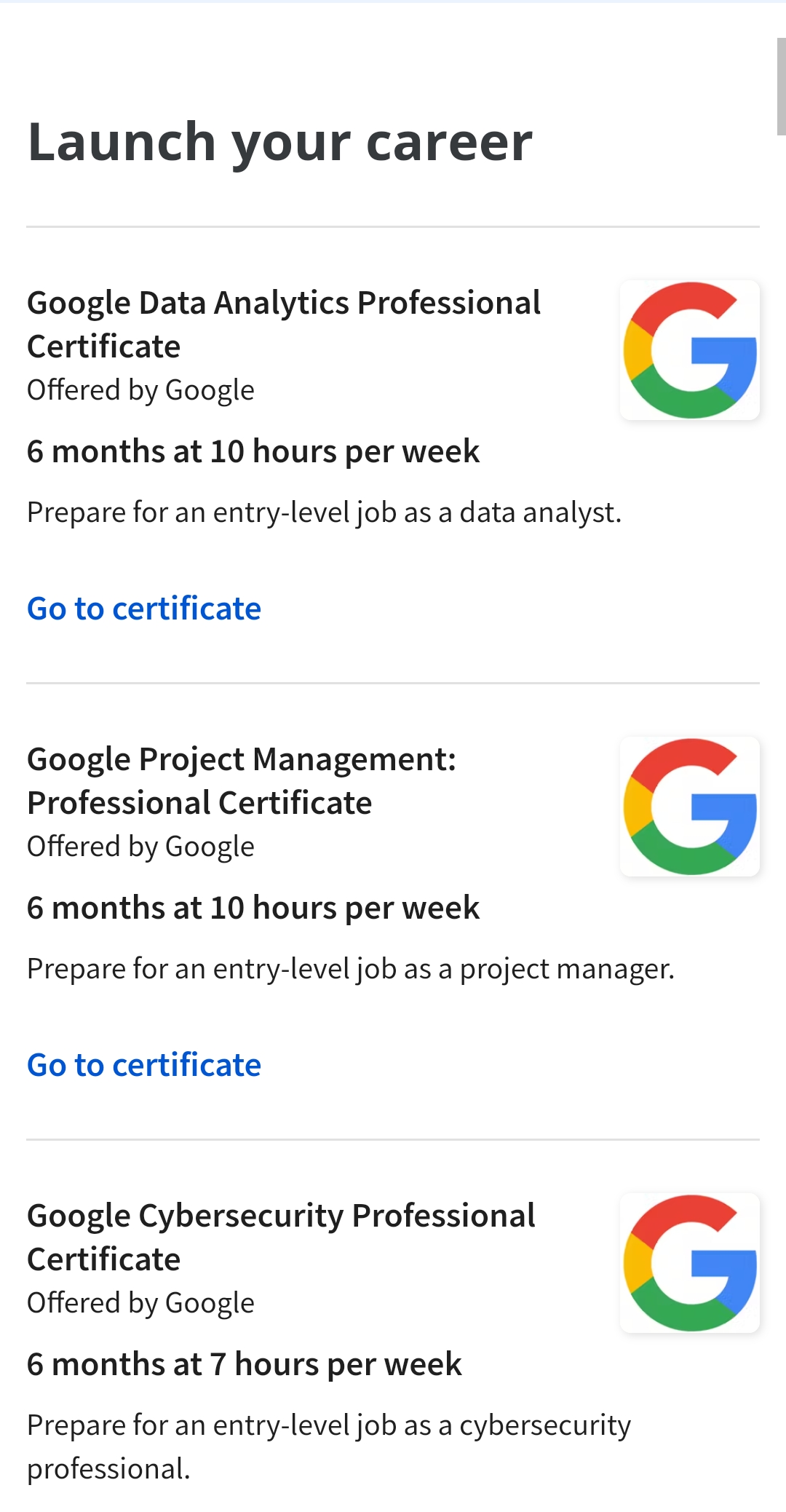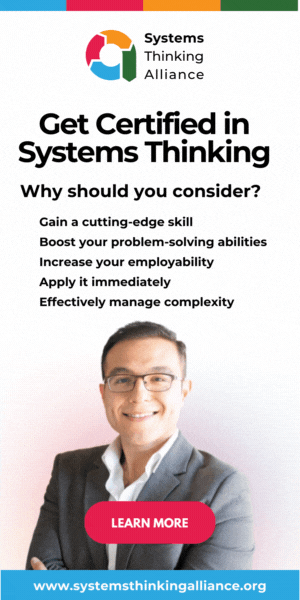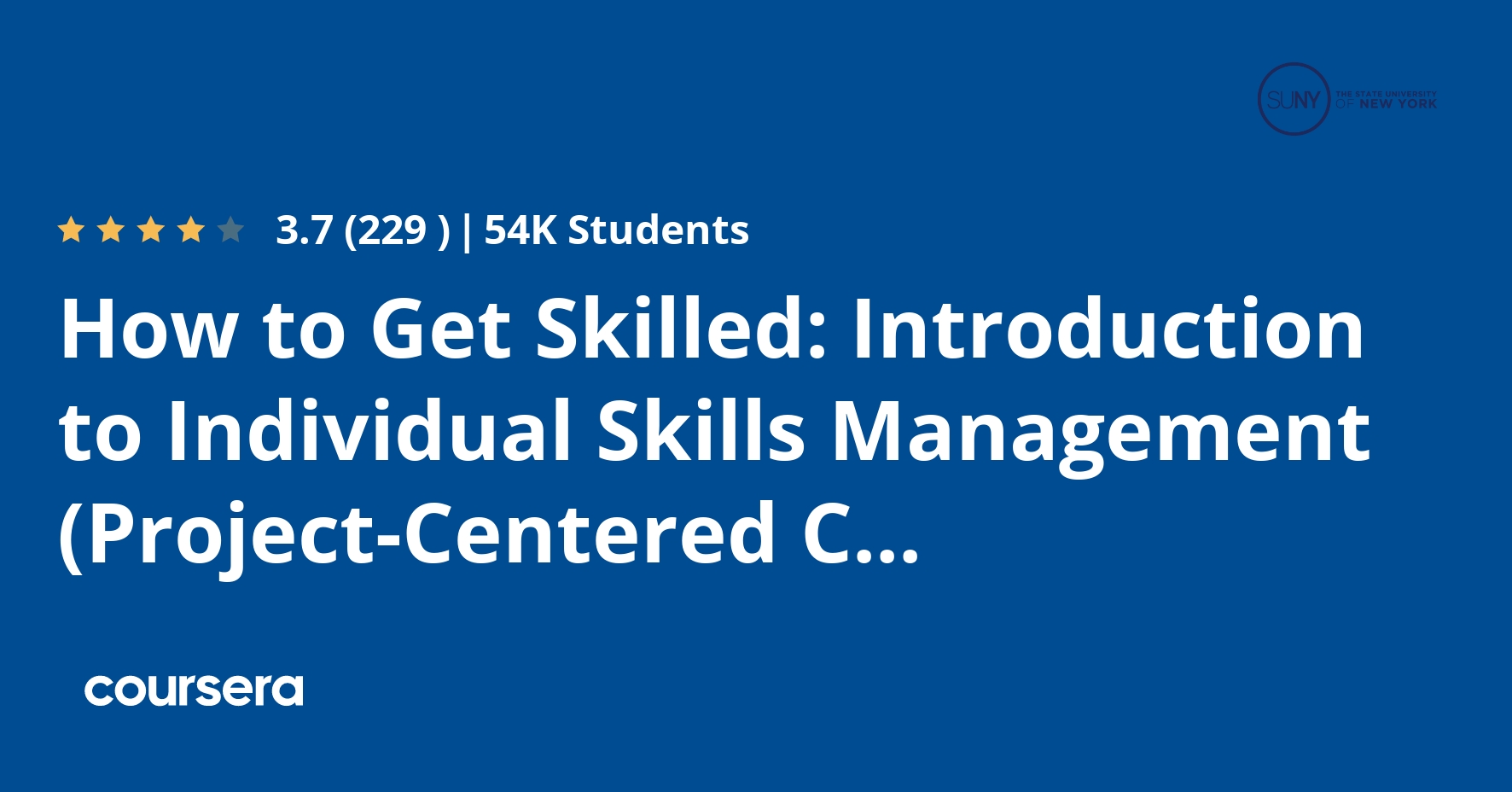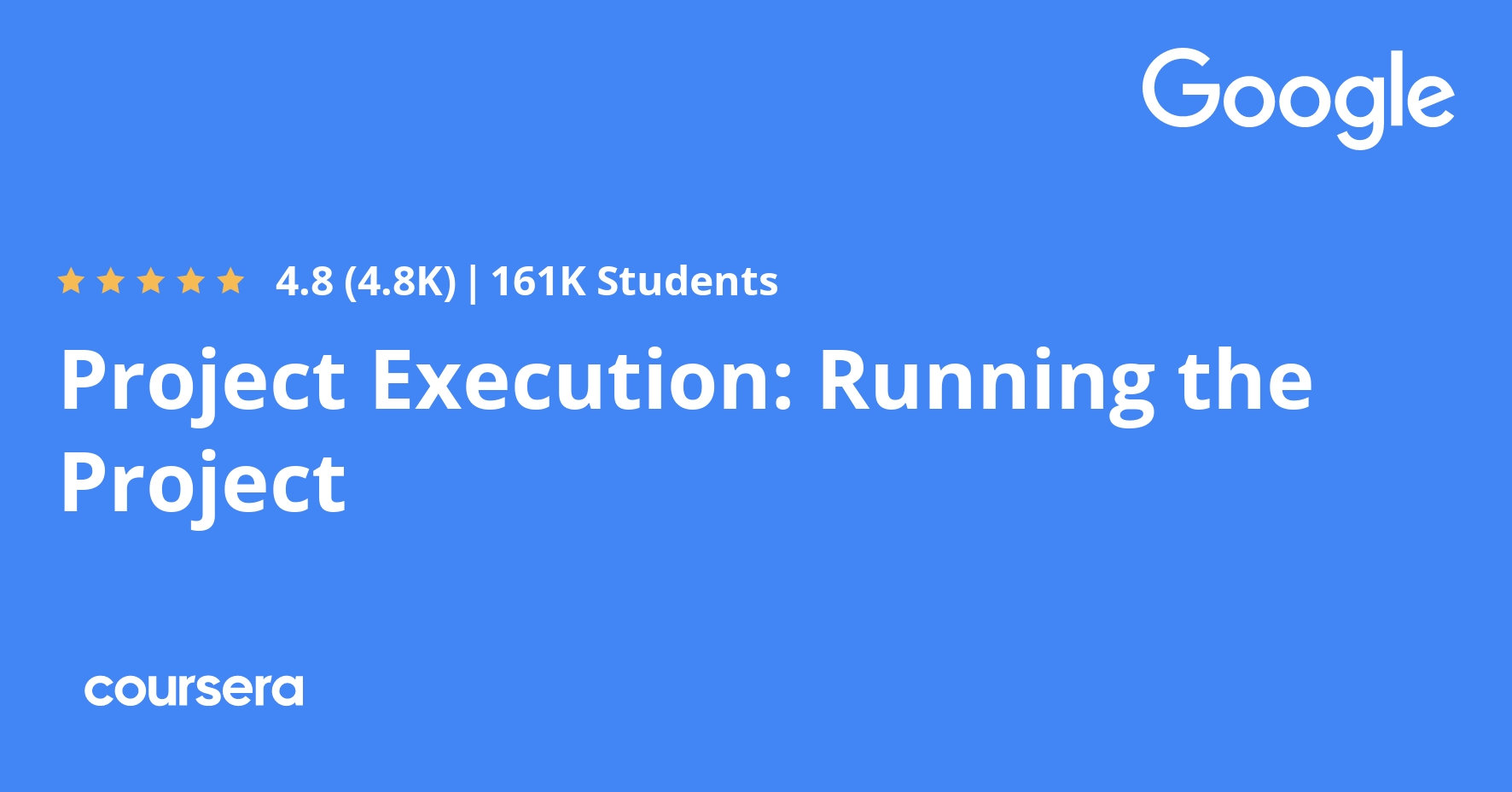Description
Do you want to gain a competitive edge on the job market?
Would you like to improve the way that you organize, manage, and present your skills to succeed in a competency-based, competitive job selection?
Have you prepared to compete for jobs in the age of AI-powered recruiting?
This advanced, project-centered course* is designed for working professionals who want to direct their skill-building activities towards creating powerful, evidence-based, data-driven, and externally verified job applications. When you complete the course, you’ll be able to objectively measure your level of skills acquisition against your desired job’s requirements and the likely competition. You’ll learn how to use experiential methods and tools, such as simulations, benchmarking, competency dashboards, and skills assessment to operationalize and quantify your skills. You will know how to realistically estimate your likely score in the competitive job selection; you will also find out how much of each skill you need to develop to stand out and beat the competition. In addition to improving your job applications, the course will teach you how to increase the effectiveness of your ongoing professional development by monitoring the level of skills acquisition.
The course will provide you with tangible outcomes for immediate use. We’ll show you how to use a simple, powerful computer program to organize and manage your skills inventory. Your completed project will focus on your desired job and will include three components: 1) a Skillset Summary Checklist; 2) a Selection Criteria Statement; and 3) a Professional Development Plan. Upon completion of the course, you will be able to use the results of the project to strengthen your next job application (or promotion request). You’ll be able to use the same technique to direct your skill-building activities and continuously monitor their effectiveness.
What is required:
In the course, we’ll provide videos, readings, and learning activities. There is an optional course companion book available for purchase on Amazon.com. In the course, you’ll be asked to download and use the course software, “J.A.F.A.R, Skills Manager Pro (R).” The software is a copyrighted Excel spreadsheet template; for course participants, it is provided free of charge (for personal, non-commercial use only). To use the software, you will need to have a basic level of proficiency and a licensed copy of MS Excel.
*About Project-Centered Courses: Project-centered courses are designed to help you complete a personally meaningful real-world project, with your instructor and a community of like-minded supportive learners with similar goals providing guidance and suggestions along the way. By actively applying new concepts as you learn, you’ll master the course content more efficiently; you’ll also get a head start on using the skills you gain to make positive changes in your life and career. When you complete the course, you’ll have a finished project that you’ll be proud to use and share.
What you will learn
What is Skills Management?
The goal of the Module is to define individual skills management, examine its theoretical foundations, and clarify its crucial role for career success in a highly competitive job market. We derive some useful lessons from business strategy; in particular, we examine how business strategists measure and manage “competitive advantage”, so that you can use a similar approach for crafting effective personal strategies in the job market. Then, we discuss the desired outcomes of individual skills management training. For this purpose, we review the Individual Skills Management Framework. (At the end of the course, you’ll be able to check your progress against the Framework).
The Quantified Self
In this Module, we move to discussing practical approaches, models, and tools that you can use for measuring and managing your skills in a competitive job market environment. First, we discuss how to operationalize skills (in other words, how to make them measurable). Then, we examine how to cluster skills into job-specific skillsets and use performance management techniques to objectively evaluate the level of mastery. Finally, using a simulated competitive job selection process, we will show how to realistically estimate your total skillset score. In the Module, we also introduce “J.A.F.A.R., The Skills Manager Pro (TM)”, a free and intuitive individual skills management software developed for this course. In addition to organizing skill-building routines, “J.A.F.A.R.” will help you achieve tangible outcomes that can be immediately useful for your next job application.
Skills Management in Action: Part One
Now, it is time to put individual skills management to work and explore how you can implement the methods and techniques introduced in the course in typical skill-building scenarios. In this and the following Modules, we examine two case studies dealing with three career enhancement scenarios, namely Job Excellence, Job Enhancement, and Job Diversification. We also demonstrate how to use “Jafar”, the skills management application, for producing tangible outcomes for your ongoing professional development and your next job application. In Module 3, we begin by demonstrating how to identify, quantify, and objectively evaluate a job-specific skillset. Then, we will focus on generating a powerful and informative Selection Criteria Statement. We will also discuss how you can significantly improve your next job application by making it job-specific, evidence-based, data-driven, and externally-verified.
Skills Management in Action: Part Two
In Module 4, we examine another case study focusing on the Job Diversification scenario. According to the latest job market research, in the modern economy it is becoming an absolute necessity to have a second vocational area of expertise (www.burningglass.com). That’s why we will explore a case in which a career builder strives to extend his job search area by adding a new skill in a different occupational field. You will learn how to use skills management methods and techniques to guide you through the entry process by identifying the training needs and designing concrete targets for effective professional development.






